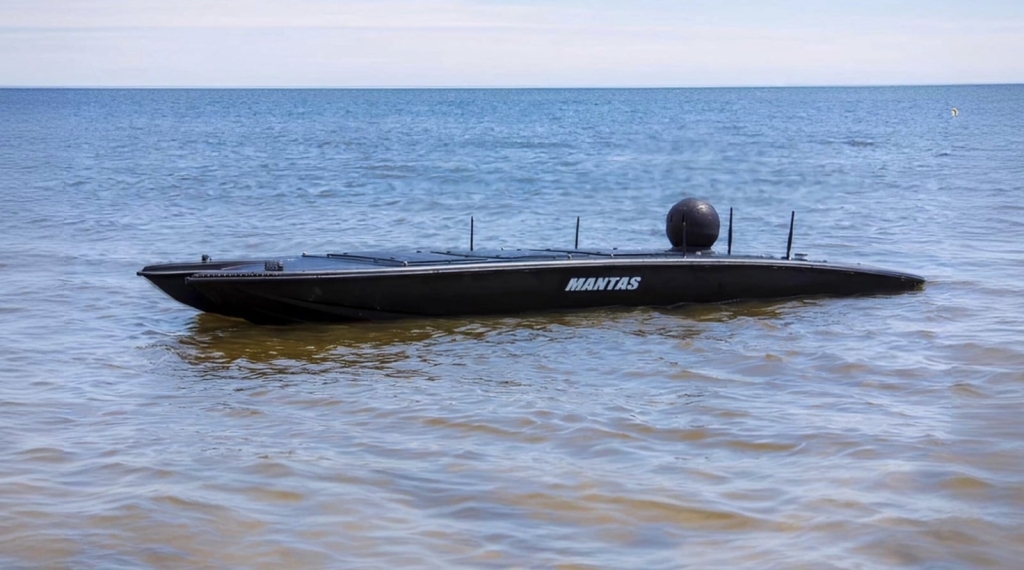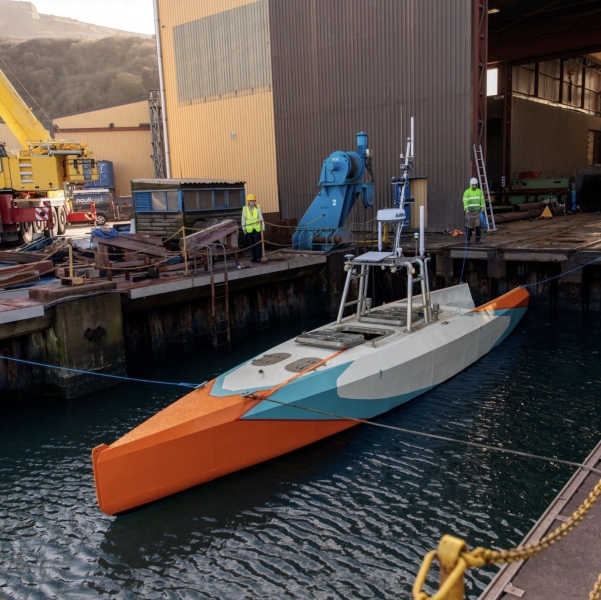British Drone Companies Flee UK Red Tape, Test In Spain And Canada Instead

British defence drone manufacturers are abandoning UK testing grounds for Spain and Canada due to regulatory bottlenecks that require up to six months of paperwork, while foreign approvals take just weeks.
The bureaucratic burden directly contradicts the UK government’s push to accelerate defence procurement amid rising threats from Russia, potentially undermining British military readiness and innovation competitiveness in the global drone market.
Six Months of Paperwork vs. Weeks Abroad
Small British drone firms face a stark choice: dedicate entire teams to navigate UK red tape or test overseas where approvals arrive in a fraction of the time. Mike Gascoyne, CEO of MGI Engineering, said his company would need five staff members working six months to complete Civil Aviation Authority (CAA) paperwork for their Sky Shark kamikaze drones.
Instead, MGI shipped their equipment to Spain, where testing approval took “a couple of weeks.” Gascoyne explained, “We could go and test very rapidly in Spain but it would take us three to six months to get that authority to test something in the UK because of the amount of paperwork we have to do. We haven’t done that as we don’t have the resource to do it.”
The disparity reveals how regulatory friction is driving British innovation offshore at precisely the moment the UK Ministry of Defence emphasizes rapid weapons development.
Autonomous Maritime Drones Hit Regulatory Wall
British autonomous boat developers face even steeper obstacles. Oliver Thompson, director of engineering at Marine AI, warned that the Royal Navy’s plan to field a largely uncrewed fleet appears “unachievable” under current Maritime and Coastguard Agency (MCA) rules.
Marine AI’s Guardian AI system powers the Oceanus12, a 39-foot (12-meter) autonomous surface vehicle capable of traveling 7,500 nautical miles and staying at sea for 60 days. The vessel can hunt submarines or perform search and rescue missions. Yet in UK waters, it’s restricted to testing in a sheltered 0.4 square mile (1 square kilometer) area off Plymouth.
Thompson said “our system can’t be tested in the UK with the higher level of functionality that is required for the rest of the market and also the requirements of the modern defence landscape.” The company relocated testing to Canada, securing permissions in just one month. Meanwhile, only one autonomous system has won MCA approval in 20 months, and that was a remote-control vehicle backed by the Department for Transport.
UK Regulations Designed for “A Decade Ago”
Matthew Ratsey, founder of Zero USV which manufactures the Oceanus12, criticized the latest MCA workboat code as the most “onerous of all,” saying regulators “didn’t take the opportunity to grasp looking at autonomy.” The rules, he argues, were designed for a decade-old technological landscape.
“Software and hardware have moved on so much we would learn absolutely nothing by going half an hour out of Plymouth and round in circles. We need a solution, the status quo can’t remain,” Ratsey said.

Thompson added that his firm has sought MCA approval to operate further offshore for several months with no progress, calling the system “absolutely broken.” He noted the painful irony: “We have the technology and capability here in the UK but in order to make it commercially viable we have to do everything abroad.”
CAA Defends Approval Process
A CAA spokesman defended the agency’s procedures, stating “we seek to enable the UK industry to develop safe and innovative drone technology.” He explained that only “the most complex cases require individual bespoke applications — primarily where the company want to do something that has never been done before, or they want to fly in airspace with other aircraft.”
The spokesman added that delays stem from companies needing to “prove to us that they can fly safely and us being satisfied by what is shown to us.”
A Ministry of Defence spokesman acknowledged the problem, saying the agency is working “to improve access to testing facilities and to create a more flexible approach to regulation for new capabilities, with a priority focus on uncrewed systems.”
DroneXL’s Take
This isn’t just a British problem, it’s a Western competitiveness crisis playing out in real time. While UK companies spend half a year on paperwork, adversaries are iterating drone technology at wartime speed. Ukraine and Russia have compressed drone development cycles from years to weeks, field-testing in actual combat conditions that no regulatory sandbox can simulate.
The fundamental tension here is familiar to anyone following FAA BVLOS waivers in the US: legacy aviation safety frameworks struggle to accommodate autonomous systems that don’t fit the manned-aircraft paradigm. The MCA’s inability to approve anything beyond remote-control boats in nearly two years speaks to institutional paralysis, not careful oversight.
But there’s a deeper strategic failure. When your domestic defence industry can test weapons faster in Spain than in Britain, you’re not just slowing innovation, you’re exporting it. Those relationships, supply chains, and operational knowledge being built in Canada and Spain won’t easily return to UK soil. The UK government can’t simultaneously demand rapid defence procurement and maintain regulatory processes that treat every autonomous drone like it’s the first one ever built.
The question isn’t whether Britain needs drone testing regulations, it’s whether those regulations serve national security or undermine it. Right now, the answer is clear: British drones are being born abroad because bureaucracy made them refugees.
What do you think? Share your thoughts in the comments below.
